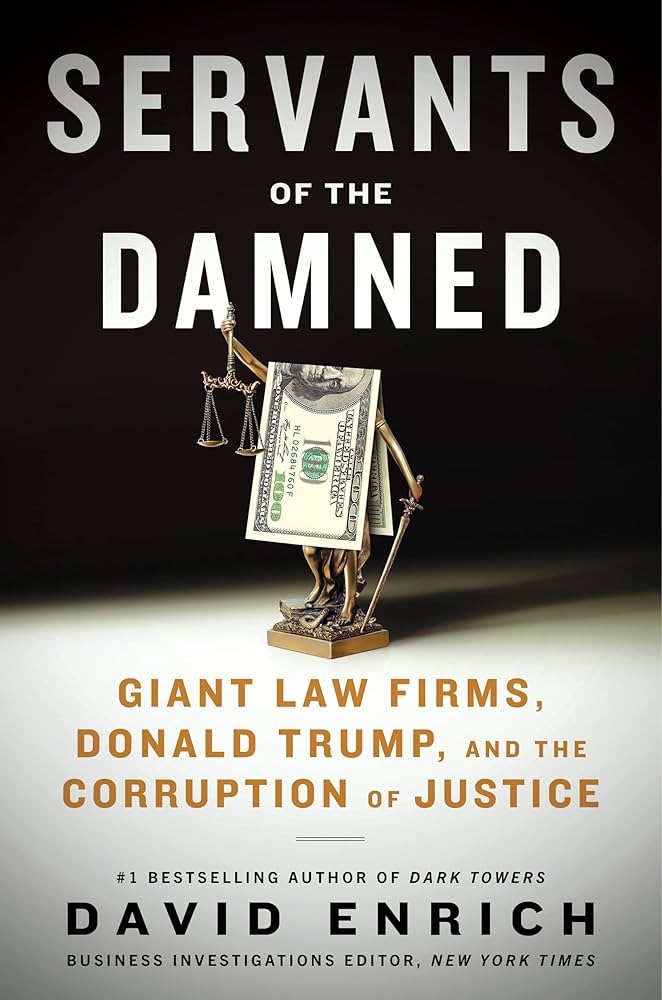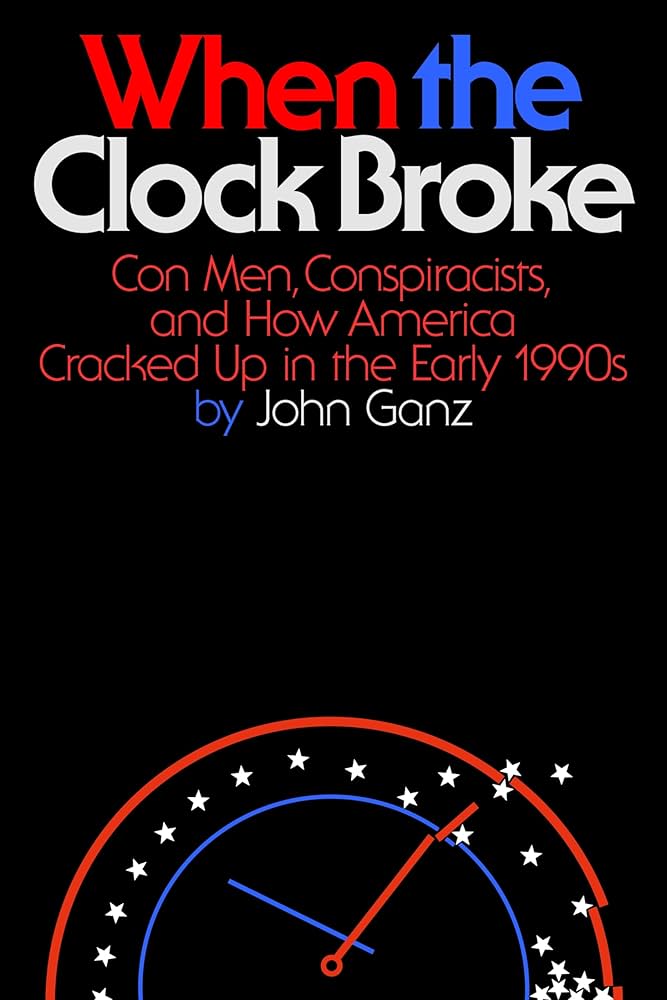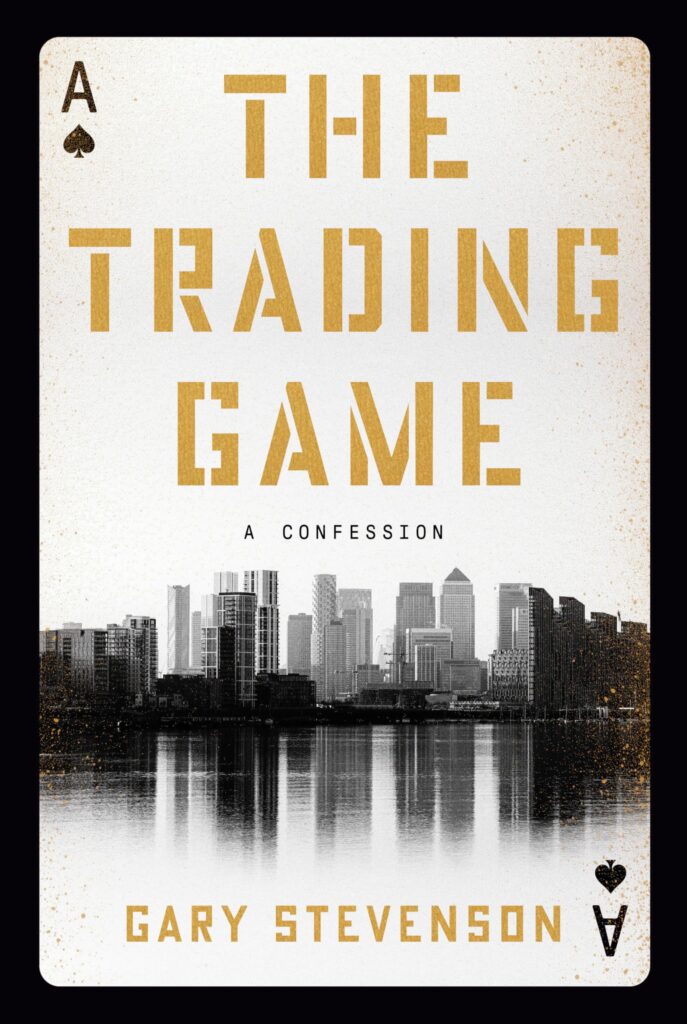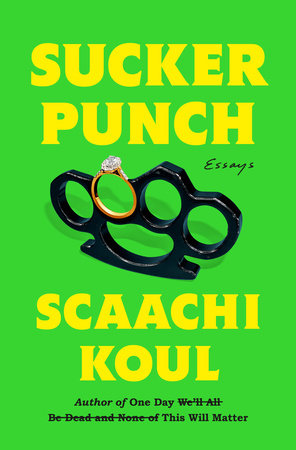This shares a lot of DNA with When McKinsey Comes to Town. In some ways, it’s the book I was hoping to read when I picked that one up. It is great, but has a flaw similar to the McKinsey book, in that the author gets in his own way.
It’s split into three parts, each of which could be a standalone 400 page book worth reading. The first documents the rise of the corporate law firm – Better Call Saul type hustlers on a mission to turn the practice of law from a zillion sole proprietorships into the monster faceless firms we have today. It’s full of great stories, interesting people and fun twists.
The second section documents Jones Day’s descent from large, principle-driven firm to profit-focused, win-at-all-costs corporate avenger. This is very much like the McKinsey book, but even more damning and eye-opening. Killer, well-documented and enraging stuff that, standing alone, would do serious damage to the firm.
The third section of the book is about how senior figures at Jones Day took roles in the Trump administration and did bad things. It’s well-reported and obviously a case of crony-capitalism at its’ worst. But there’s a lot of dotted lines, involving people that weren’t working at Jones Day at the time, or were affiliated with Jones Day, but not acting on behalf of the firm.
This would be a good book on its’ own! But it feels kind of vindictive or editorialized in a way the first two sections don’t. There’s a lot of allusions to corruption that aren’t nearly as concrete as the preceding stuff. This section is the weakest by a mile. It felt a bit contrived, especially the long Wal-Mart pharmacy story that involves people that weren’t employees of the firm at the time. And while I know having the words “Trump” and “corruption” on the cover is going to move some units (and the Kirkus review puts an exclamation mark on that point), it invites the kind of (dishonest) blanket dismissal that was published in WSJ by Kevyn Orr (who figures prominently in the third section of the book).
Absolutely recommend, flaws and all.






